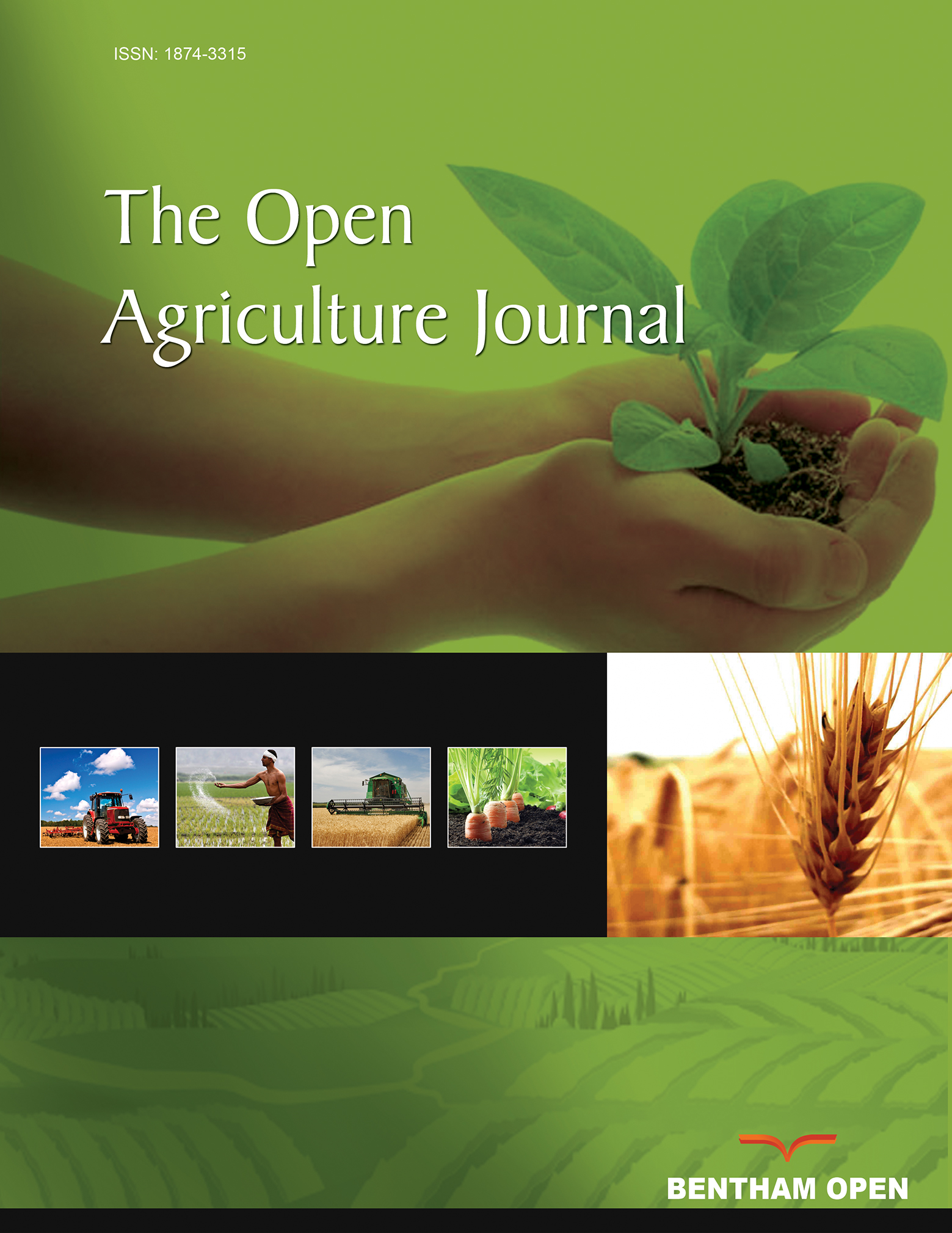All published articles of this journal are available on ScienceDirect.
Long-term Impact of No Tillage in Two Intensified Crop Rotations on Different Soil Organic Matter Fractions in Argentine Rolling Pampa
Abstract
It is expected that the agricultural intensification occurred in recent decades in the Argentine Rolling Pampa significantly alters the SOM reserves. Therefore, it is necessary to identify soil organic carbon (C) and nitrogen (N) fractions to understand the functionality and stabilization of these reserves. Our objectives were to study the NT effect in two crop rotations, corn-double cropped wheat/soybean (MWS) and double cropped wheat/soybean (WS) on: 1) SOM and its particle size and biological fractions contents, 2) C and N stubble biomass and 3) some soil properties in order to explain the SOM differences found. The larger biomass residue remaining on the soil surface under NT promoted higher aggregate stability and lower soil temperature and pH. At 0-5 cm soil depth, NT exhibited higher C and N contents, for both uncomplexed and intimately associated to the mineral components fractions. However, the results indicated variations in the SOM protection according to the rotation: in MWS the high aggregate stability showed better physical protection, while in WS the greater cation exchange capacity and the lower value of N released by anaerobic incubation would indicate the presence of transformed SOM. At 5-20 cm soil depth, only in WS, C microbial biomass was higher with a low metabolic rate, indicating again the presence of highly decomposed SOM. The results obtained in WS under NT would indicate the possibility of achieving slower recycled of the SOM.


